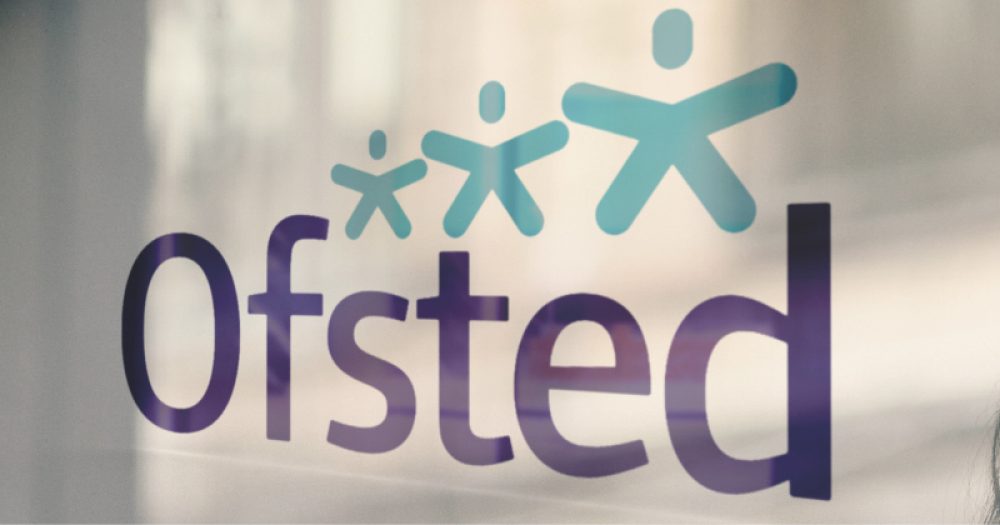Smaller schools won’t be penalised by the demands of curriculum “deep dives” under the new inspection framework, Ofsted has said.
However the watchdog has confirmed it won’t be publishing the findings of pilot inspections into 35 smaller schools.
The deep dive is not about catching you out or making things difficult
As part of the new inspection framework, which came into effect last month, inspectors embark on “deep dives” in schools to examine curriculum intent, implementation and impact across a sample of subjects, topics or aspects.
In a blog published today, Mike Sheridan, Ofsted’s regional director for London, said he was aware some small schools are “nervous” about the new framework – particularly “the demands our deep dives will place on staff”.
“Some are worried about the workload implications for teachers who are coordinating multiple subjects and balancing other responsibilities as well. I understand these concerns but want to offer some reassurance.”
Sheridan said that inspectors “understand the unique challenges” and will “take account of the way you organise the curriculum and leadership of subject areas. Inspectors will work with you to understand what’s typical and what’s different because of inspection, for example if teachers are out of class when they would not usually be.”
He added the process isn’t about “catching you out or making things difficult”, adding they implementation of the new framework is “under close review”.
Just two of the schools in the published curriculum pilot – which found primary schools particularly struggled under the new framework’s curriculum focus – had fewer than 150 pupils and were not in a multi-academy trust.
When asked by Schools Week if the inspectorate tested its new framework on smaller schools, the inspectorate said 35 pilot inspections had been run in schools with fewer than 150 pupils.
A spokesperson also said inspectors were trained to manage curriculum discussions in small schools “while being conscious of the pressures that inspection can put on school leaders and teachers”.
But Ofsted said it won’t be sharing the findings of the inspections because they had agreed not to name the schools. Findings from the larger curriculum pilot were published without naming schools.
Sheridan added he was “confident” new inspections “provide small schools with the opportunity to demonstrate, and be recognised for, the innovative ways in which they deliver their curriculum, so that their children thrive”.
The new education inspection framework has been thoroughly tested
But he added pupils in small schools deserve to have access to the “same broad curriculum as anyone else” and highlighted some are “incredibly creative in finding ways to share burdens and make sure that their offer is rich and wonderful”.
While a headteacher at a small school in the north, Sheridan flagged how he he worked with others to develop curriculum before entering a federation to share leadership.
“Small schools can be innovative and punch well above their weight,” he added.
But Michael Merrick, a school leader in north Cumbria, previously tweeted Ofsted’s perceived lack of investigation into the impact on small schools “risks penalising” by school structure and geography.
On the latter, he added: “After all a great many of these schools are rural and isolated, with only a few teachers, and could not get into a MAT even if they wanted to (and one existed for them to do so).”
An Ofsted spokesperson said: “The new education inspection framework has been thoroughly tested, including through our largest ever consultation… It’s early days, but we have had some really positive feedback from those that have been inspected under the new system, which started at the beginning of this month, and we are glad that our new approach is a constructive experience for many schools.”








Your thoughts